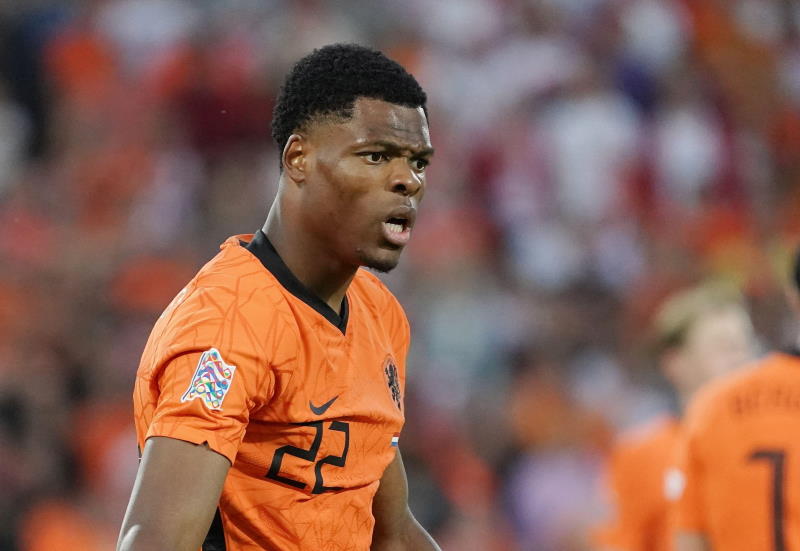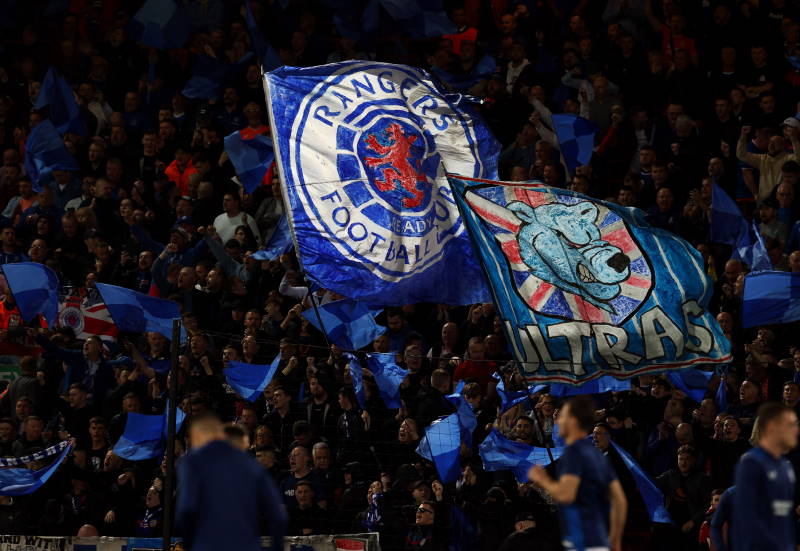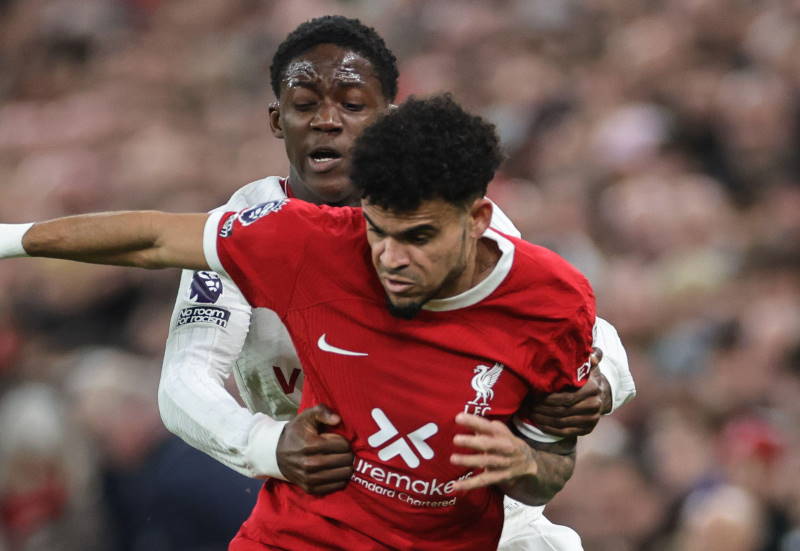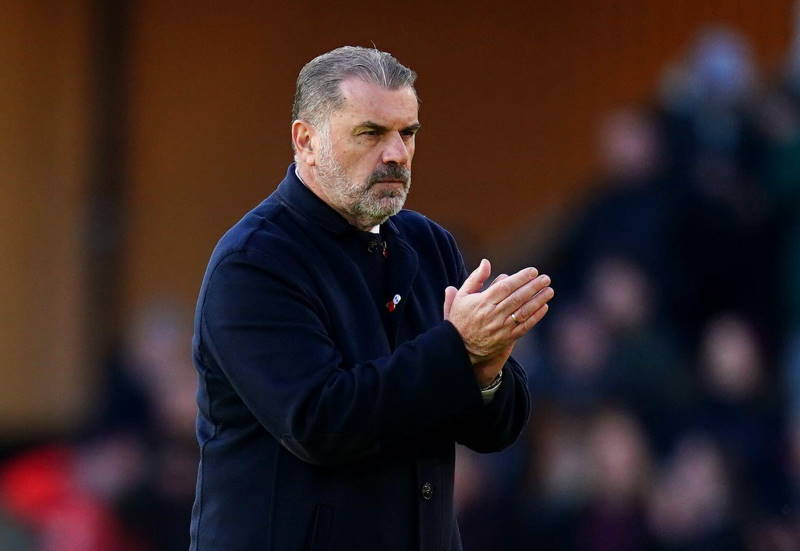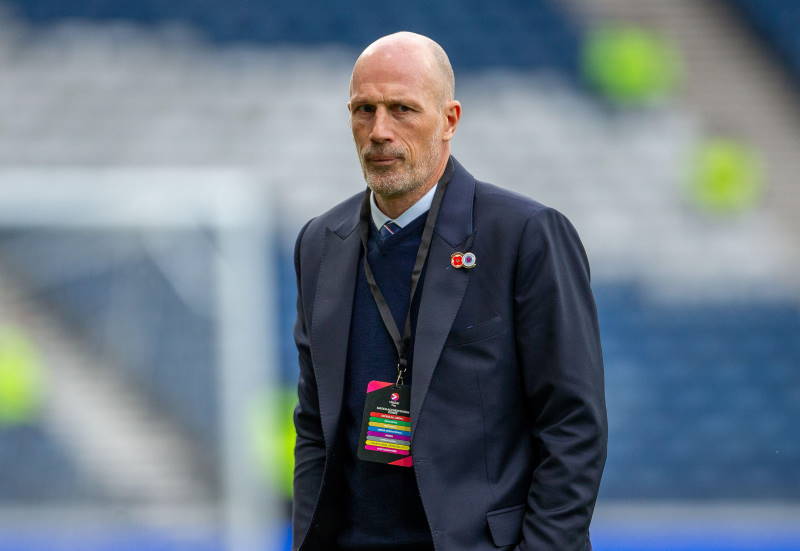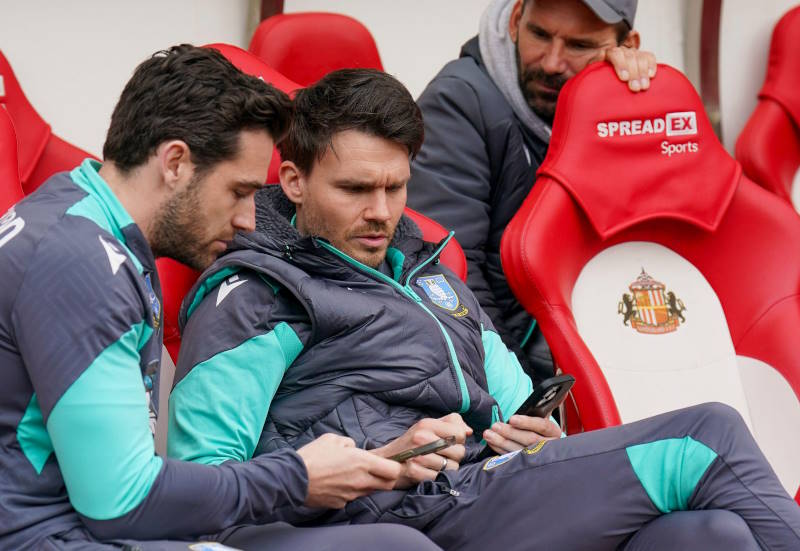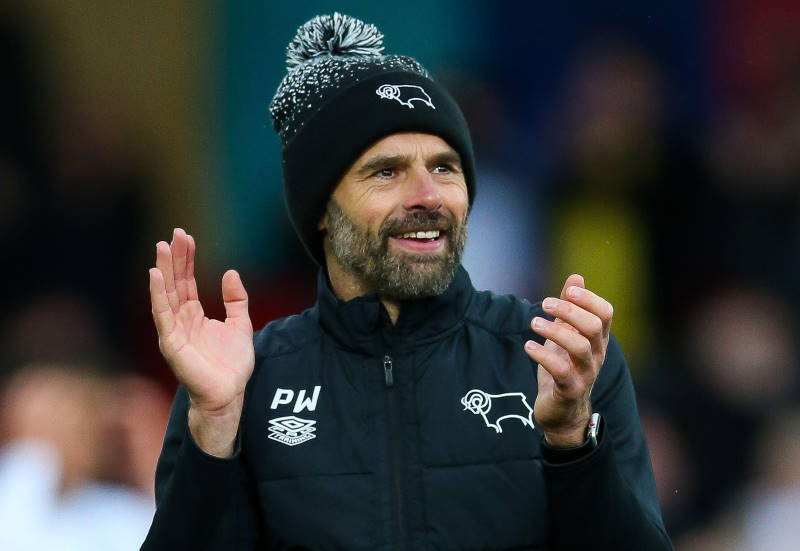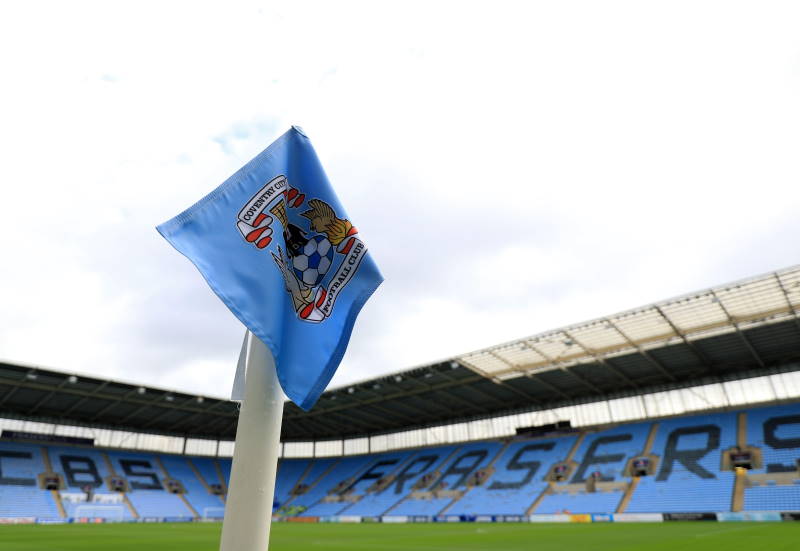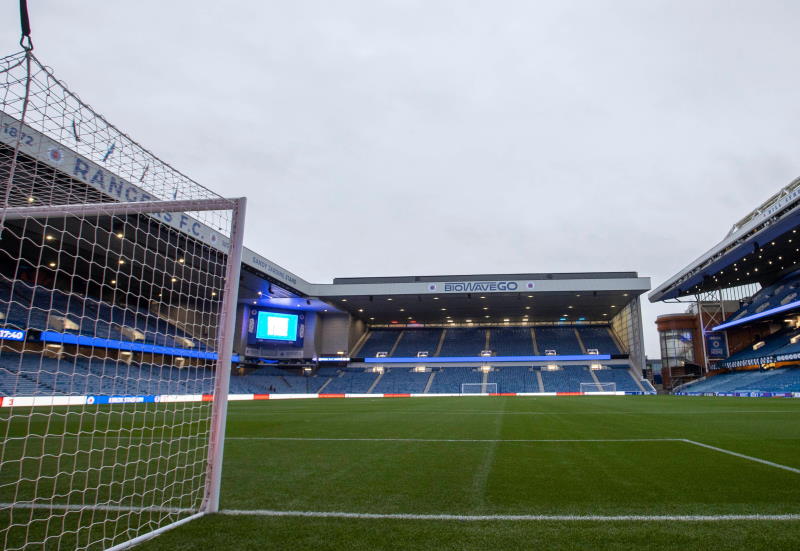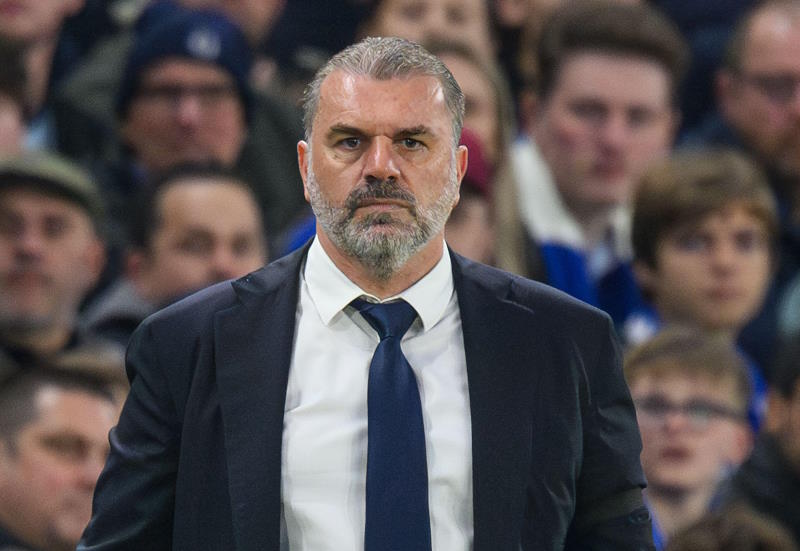
Iain Russell*
A new age of football was witnessed this month when Scotland’s international team was sent out with no strikers on the pitch. The Scots travelled to Prague to play a European qualifier against the Czech Republic and manager Craig Levein went with a radical gameplan, adopting a 4-6-0 formation.
The match was a dull affair, with the Czech Republic allowed to camp in the opposition’s half, and with their goal never threatened the hosts knew they would only need one goal to win the game. Roman Hubnik was the man to hit the target in the 70th min which left Scotland’s tactics in ruins.
What now for our beautiful game? Is this tactical ploy simply an aberration, or a sign of things to come?
It might be unpopular to set out a side with the simple plan of not conceding, but to compound this (as Scotland did) by having no attacking ambition is just not football.
In the history of our game the best memories are captured from moments of sublime skill, exciting attacking interchanges between two strikers and that feeling when the ball hits the back of the net.
Instead more and more teams seem to concentrate on trying to stifle their opposition rather than opening up and playing themselves.
In a sport which is arguably the most entertaining in the world, is there too much pressure on managers and their teams not to lose? Does this pressure encourage managers to adopt this type of defensive approach to games?
The World Cup, football’s showpiece event took place this year in South Africa, with Spain the eventual winners of the game’s most prestigious prize. The Spanish are without doubt the most exciting and technically gifted side in the world. However, the road to global success was not so straightforward; Spain lost their first game to a much organised Swiss side that got men behind the ball and hoped for the best.
The Swiss had every right to be cautious against Spain and even though they were camped in their own half for the majority of the game they won the match. This proves that it can work, however this only happens on rare occasions, and when a side choose an ultra defensive approach it is down to hard work and more importantly a great deal of luck on the day for it to come off.
On what has been described as the worst World Cup of all-time, teams were set up with the gameplan of stifling their opponents and trying to sneak a breakaway goal, as the Swiss did in their opening game against Spain.
This type of football proved to be the downfall of the most watched sporting event in the world though, with the infamous vuvuzelas becoming a hotter talking point than any of the matches. Coaches would send their players out to frustrate rather than to entertain and play with a freedom to express their talents. Players such as Lionel Messi, Andres Iniesta, and David Villa would be marked out off games, shoved, kicked and fouled at every opportunity.
Why has this style of play crept into our game?
50 years ago in the European Cup final Real Madrid defeated German champions Eintracht Frankfurt 7-3 in what was arguably the greatest game ever played. With the likes of Ferenc Puskas strutting their stuff in front of a 135,000 crowd and goals aplenty it is what every football fan wants to see.
Nowadays perhaps the coach of Frankfurt might have decided to sit back and be cautious, hope Los Blancos don’t score and maybe they could take it to penalties.
This is not to say these tactics don’t work, on occasions they have, but 99% of the time teams will be broken down.
Recently Rangers reached the UEFA Cup final. In 2008, Walter Smith played with a lone striker in all the games en route to the final. The Glasgow giants were outclassed in many of the game, but their grit and determination in defending saw them reach the main event, where inevitably they were beaten 2-0 by a slick Zenit St. Petersburg outfit boasting Andrei Arshavin.
However, surely fans watching their beloved team would rather watch their side attempt to go forward and score rather than play in a style akin to, as Jose Mourinho said “parking the team bus in front of goal", sitting back and crossing their fingers and toes that the backline can hold out.
The 6,000 brave Tartan Army followers that went to Prague in optimistic mood would perhaps have rather watched their heroes lose in an exciting 3-2 encounter rather than sit through what unfolded. You can defend well enough, but without any real desire to get forward you are always going to be under pressure.
Obviously some teams are weaker than others and with the money spent in transfer market the gulf in class between clubs is widening. Therefore you have to respect an opponent, but why sit in and wait to be broken down? You have already given them an advantage by playing defensively and inviting them to attack you.
In some recent fixtures in the English Premier League two newly promoted sides, West Bromwich Albion and Blackpool, have been receiving many plaudits for their attacking style.
West Brom have had two away fixtures against two of the big guns in October; they travelled to London to play one of the world’s most exciting team to watch in Arsenal and then went to Old Trafford to face Manchester United.
Roberto Di Matteo set up his side to attack and play to their strengths at the Emirates, rather than try and nullify Arsenal’s. West Brom were rewarded with a fantastic and well deserved 3-2 victory in an enthralling match.
At Old Trafford next, Di Matteo was not going to rest on his laurels and again set up to attack. This time the West Brom travelling support were celebrating again after coming away with a fantastic point in a 2-2 draw.
Ian Holloway’s Blackpool too have impressed many with their forward thinking approach in games. They have disregarded any financial imbalance between them and their opponents and have been brave and attacked with numbers, and the Tangerines have been rewarded for this.
One of the side’s Blackpool recorded a famous victory against, Liverpool (2-1 at Anfield), have struggled this season playing with a lone striker. There has been much publicity this season about Liverpool’s number 9 Fernando Torres playing with no confidence and struggling to score goals.
But it is a thankless task ploughing a lone furrow up front with no striking partner. Torres may not be playing as well as last season; however he has no help further up the field where it can be four versus one against him at times.
Perhaps if Liverpool had kept Robbie Keane to play up top alongside Torres and take some of the pressure off the Spaniard, the Anfield side would not be in such a precarious league position and struggling to score goals.
Some may argue that a lot can be made of the way teams can play with their formations and that it is only set up on paper, and when a side is on the pitch they can adapt; however, there is a difference between a 4-5-1 and a 4-3-3. This is evident in the case of teams such as Barcelona, Chelsea, and even Blackpool.
These teams play with a 4-3-3 and attack in numbers and use the space on the park to full effect. In case of a 4-5-1, which many teams are deploying, it is a negative approach and they pack the midfield and try to be difficult to break down.
Are managers happy to watch their team grind out a draw without really threatening to go all out and win a match? Is the three points not a greater reward than one?
The English Premier League’s most recent Monday night match between Blackburn Rovers and Sunderland saw both teams deploy a 4-5-1 formation to try pack to midfield area and stifle their opponents. This ultimately saw the game produce little attacking flair and very little goalmouth action. Few were surprised when the game ended in a drab 0-0 draw.
Many will remember Monday night football of the past, and it is true the fixture appeared to produce magical matches. There was something about the games being under lights, live on television at the start of a new week, which created a wonderful atmosphere, but it was also down to the amount of goals that were scored in these games.
There were many famous striking partnerships that featured, such as Alan Shearer and Chris Sutton, Dwight Yorke and Andy Cole, Kevin Phillips and Niall Quinn, Thierry Henry and Dennis Bergkamp which would dazzle the fans with their link-up play and goals.
These effective and exciting partnerships seem a thing of the past now, with more and more strikers being asked to play up top themselves, hold the ball up and wait for support to arrive from their midfield.
There are occasions when teams should be slightly more conservative, but it seems recently more and more are set up to first of all defend and shut up shop before actually thinking about attacking.
Managers have come in for criticism for sending their sides out with one thing on their mind, and that is to defend at all costs, which seems to have encouraged strong robust challenges on the so-called flair players.
Is it the case that the coaches don’t have the self-belief in their side to actually go out and express themselves and just forget about who they’re playing against?
Football is at its most exciting when the ball is on the ground and players are passing and moving, individuals are trying skills to dribble by an opponent and looking to score.
There is too much emphasis placed on defending in our game, the focus should be on attacking and scoring goals.
Let us hope the 4-6-0 formation adopted by Scotland was a one-off, a failed experiment, and no other managers will follow suit.
Why is football the greatest game in the world? It is exciting; the pace of the game has you on the edge of your seat; and of course the best feeling in the world is when the ball hits the back of the net.
Let’s not make it about defending goals rather than scoring them.
*Iain Russell is a striker for Scottish Second Division side Livingston F.C.



